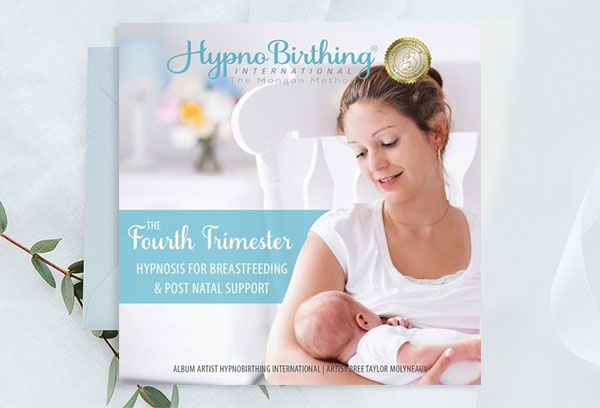Parents who bottle-feed their baby typically take note of the little measurements on the side of bottles and keep track of whether their baby is drinking 2, 3, 4, or more ounces of breastmilk/formula each feeding. Those who breastfeed/chestfeeding, on the other hand, do not have these “easy” measurements to keep track of. In fact, many breastfeeding parents find themselves wondering “Is baby getting enough milk?”.
This question is particularly common for first-time moms. After all, how can you know if you aren’t measuring?
Wet Diapers
Input correlates to output. In other words, one way to know if your baby is getting enough milk is by the number of wet diapers they have per day. On the first day, your baby may only have 1 wet diaper. The next day they may have 2, and so on for the first week. While this levels out after the first 5 days, knowing how many wet diapers your baby does have vs. should have is a great way to have the reassurance that your baby is eating getting enough milk.
Weight Gain
While babies tend to lose weight the first couple of days following birth, they should begin to gain back that weight soon thereafter. When you bring baby to the pediatrician, they will be tracking weight gain closely. The doctor will be sure to let the parents know if there are any concerns, but if the baby is gaining weight then you know they are likely getting plenty of milk.
Happy, Content Babies
After a feeding, does your baby seems happy and content? Or do they still seem hungry? Maybe even upset? While some babies may want to stay at the breast for comfort reasons, babies that are well-fed are more likely to be happy, sleepy, and overall content after feedings.
Feeding Length
Feedings can vary in length, but typically should be about 15-20 minutes. If you notice that your baby is sleeping and suckling slowly, then the feeding may take longer. Some babies are simply a little more lackadaisical than others. However, if your baby is only eating for 5-10 minutes at a time, then you might find that they are wanting to eat more often in order to get enough milk.
Quality Over Quantity
While the amount of milk a baby drinks is important, it’s not everything. Quality can sometimes be even more important than quantity when it comes to breastmilk.
Consider colostrum: just a few drops of this yellowish milk produced the first couple of days is packed full of nutrients that your baby needs. On the first day of life, the baby’s tummy is just the size of a marble, so it doesn’t take much to fill them up. One teaspoon of liquid gold colostrum is all a baby needs.
Even when mature breastmilk comes in a few days after birth, quality is still critical. At one time, it was suggested to feed for 5-10 minutes on one breast and then switch back and forth. We now know that when you feed on just one breast until it is drained (approx. 15-20 minutes), then switch, the baby gets the foremilk (very liquidly and great for hydration) and the hindmilk (thick, fat, and nutrient-dense). While the hydration provided from the foremilk is critical, getting to that rich hindmilk is what helps your baby gain weight and grow.
When Baby Isn’t Getting Enough Milk
If something seems off and you or your pediatrician is concerned that baby is not getting enough milk, this does not automatically mean you need to supplement with formula. A lactation consultant can help identify and address potential issues with latch, supply, colic, and so much more. While breastfeeding is natural, normal, and healthy, it is also natural, normal, and healthy to get guidance and support. You deserve it!








